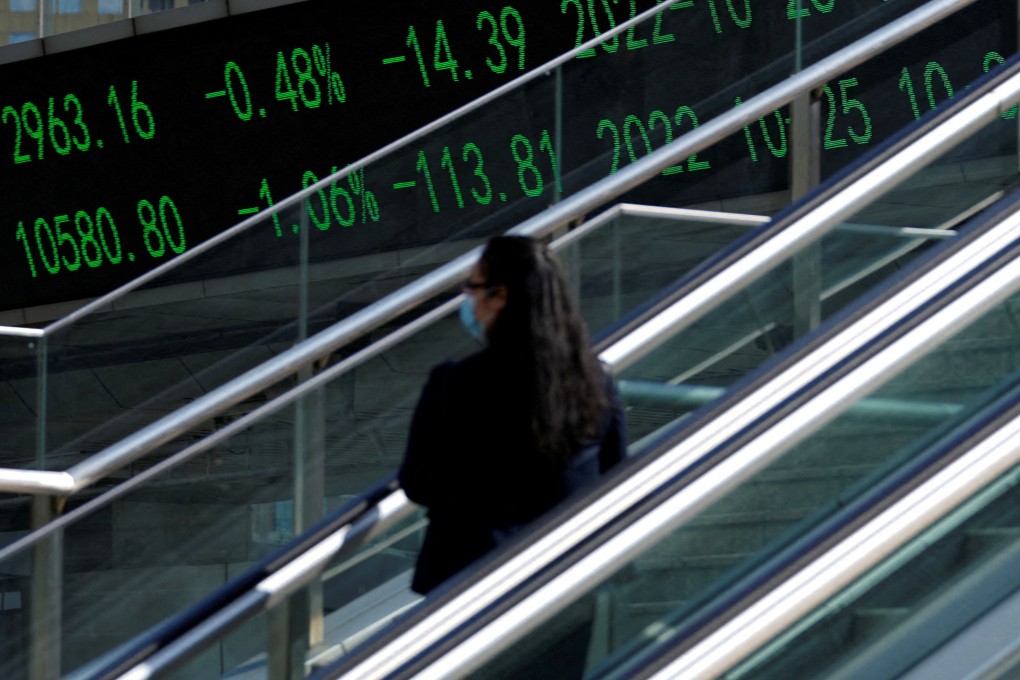China’s sovereign wealth fund calls for economic globalisation, ‘free, open, orderly’ investment flow
- China Investment Corporation’s (CIC) overseas investments registered a net return of 14.27 per cent in US dollar terms last year, compared to 14.07 per cent a year earlier
- Its 2021 annual earnings report said that CIC had been ‘confronted with a complex and trying external environment’

China’s US$1.35 trillion sovereign wealth fund on Friday called for the promotion of economic globalisation and a “free, open and orderly” flow of international investment to aid the “steady recovery and sustainable development of the world economy”.
“CIC is confronted with a complex and trying external environment,” chairman Peng Chun wrote in its 2021 annual earnings report.
“At this time of turmoil and transition in an evolving world, we earnestly call on all parties to practice genuine multilateralism, to safeguard and promote economic globalisation, to facilitate the free, open, and orderly flow of international capital and investment, and to join hands to maintain stability in the international economic and financial system and drive the steady recovery and sustainable development of the world economy.”
The Beijing-based fund, which was set up in 2007, has positioned itself as a long-term financial investor that strives for cooperation, while it does not seek control of the companies in its portfolio.
Its overseas investments registered a net return of 14.27 per cent in US dollar terms last year, compared to 14.07 per cent a year earlier.